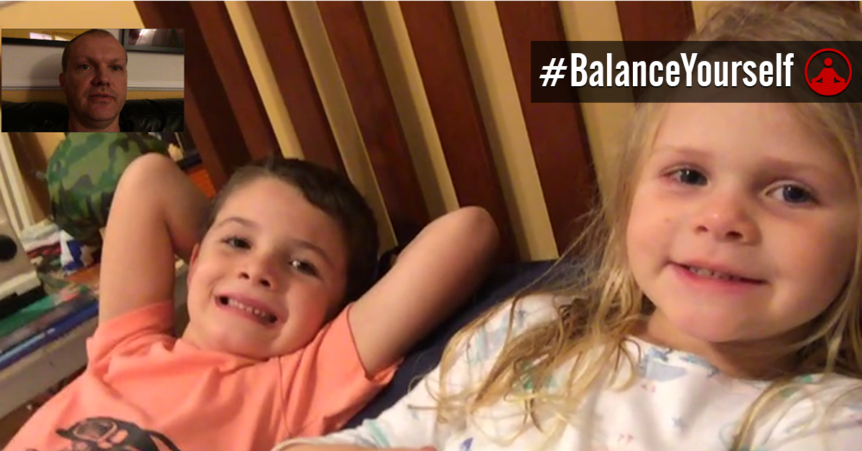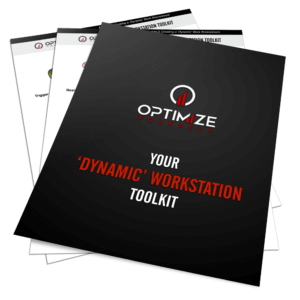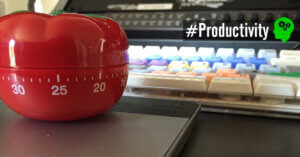I’ll never forget the two simple sentences spoken by my (then) 5-year-old son that changed the course of my entire life.
I was editing the season 1 finale of Empire, and to put it politely, it was a “challenging” episode. The episode was massively behind schedule because of production issues, and we were up against a really tight airdate. I was working much longer hours than usual (and a “normal” day was at least 10-12 hours), but I’ve always thrived under intense pressure – I do my best creative work when the fire is burning the hottest.
Dinner had just been delivered and set in front of my workstation in preparation for yet another late night. I was in a state of “creative flow” and had the energy and focus to work for another 8 hours if necessary because I knew getting this episode on air was “do or die.” And like clockwork, around 7:30pm my phone began to ring…it was time to Facetime with the kiddos.
Sitting on the couch in my edit bay I pulled out my phone, joked around with my son and daughter for a few minutes, asked them what they did at school that day, and then I told them I loved them and said goodnight.
But tonight’s call was very different.
My wife thought she had hung up the call but her phone was still on. And I overheard my son ask:
“Why doesn’t Daddy ever want to put us to bed? Why does he work all the time? Why doesn’t he love us?”
It was like getting punched in the gut with a steel fist. Imagine hearing these words candidly come from your own five year old’s mouth.
There I was sitting in my office at 20th Century Fox Television in Beverly Hills editing a scene I knew would be viewed by over 20 million people in less than two weeks (it ended up being 23.1 million). Millions of dollars had been spent to provide the raw footage placed in my hands, and if this episode was going to succeed (or frankly even make it on TV), it was all on me at this point.
This was my Superbowl, and it was the 4th quarter with 2 minutes left.
Yet despite having worked tirelessly for over a decade to reach this exact point in my career, there was only one thought going through my mind:
“This just isn’t worth it.”
Despite the sucker punch, I refocused, put my game face back on, and I ended up throwing the game-winning touchdown with 3 seconds left. The Fox network executives hailed me as “The Ricky Jay of Editing,” (Ricky Jay is a famous magician), and a week after the episode aired I received an expensive bottle of wine from Imagine Entertainment thanking me for going above and beyond.
Yet success never felt emptier.
If I could choose between winning 5 Emmys and alienating my family in the process or being around to watch my kids grow up, in my mind there isn’t a choice.
It was time for things to change.
At this point I had been developing the Fitness In Post website & podcast for just under a year. In hindsight I should’ve renamed it “The Shiny Object Podcast” because in its infancy the program had no real focus. I was on a quest to learn how to live a more active, healthy, and balanced lifestyle in front of my desk, but I had yet to build a real system, I was just sharing random tips & tactics. The program was already making a difference in people’s lives including my own, but the shelf life of random strategies is short.
After completing the season 1 finale of Empire and then editing the pilot for the new series Underground, I had a massive episode of total creative burnout. It was at this point I realized if I was going to try and successfully juggle a family, a full time job editing season 2 of Empire, and also continue to build my program, I had to take Fitness In Post seriously or drop it all together.
At that moment it became my sole mission to learn everything I possibly could about both time management and energy management so I could get my work done efficiently and arrive home early enough to never put my kids to bed via FaceTime again.
That’s when Optimize Yourself was born.
REFRAMING YOUR MINDSET
For over 20 years I was an “all or nothing” kind of person where no matter the challenge, I would always give 110%. Whether it was martial arts, P90X, Tough Mudders, or Spartan Races, I would push myself to the limit.
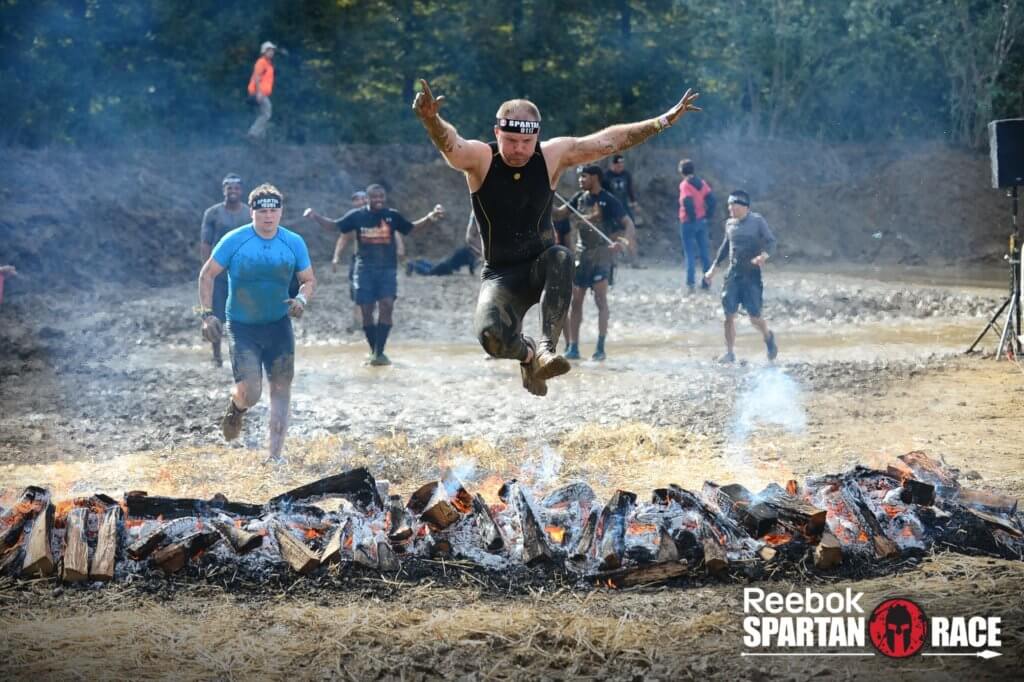
Bu inevitably, no matter how hard I pushed myself, I would always revert back to my old unhealthy habits within days after completing an exercise program or a race. So I decided it was time to reframe my own mindset from always pushing myself 24/7 to instead making small daily changes that could lead to giant results…with a little time and patience.
The foundation of my new system was to start treating my health as a game of chess, not a game of checkers.
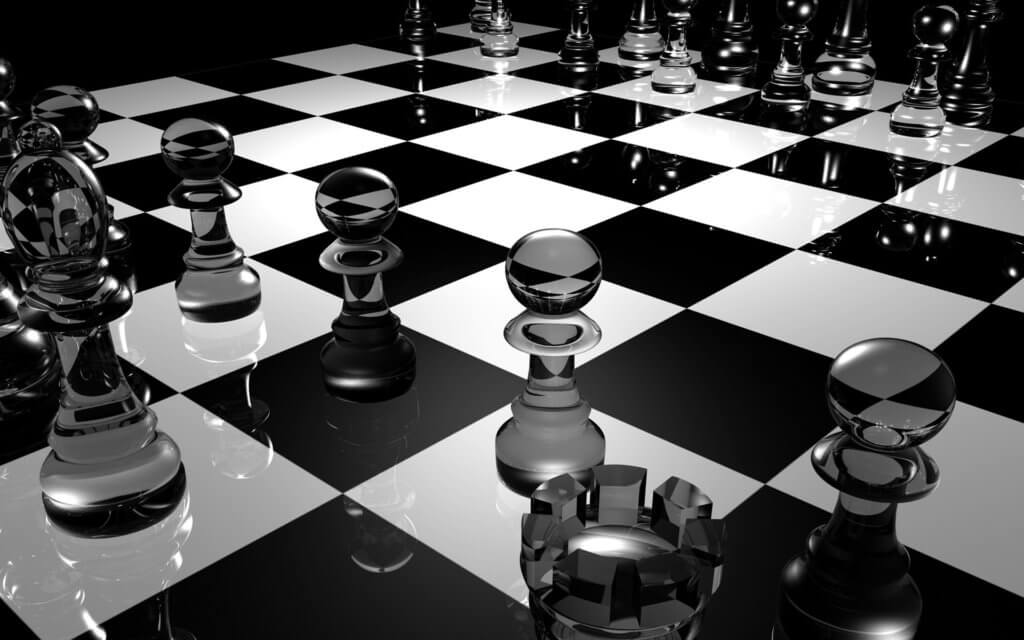
This went against everything the media pounded into my brain for decades saying that better health is all about deprivation diets and “no pain, no gain.” Burning more calories than I took in was the only thing I was supposed to focus on, and “hitting the gym” was absolutely required if I wanted to be healthy.
I decided to call “bullshit.”
Instead my plan became to slowly and methodically design a lifestyle centered around work-life balance that would stick for years to come.
But mindset was only the first piece of the puzzle.
REDESIGNING YOUR WORK ENVIRONMENT
With a new mindset in place, my next step was to set up the proper work environment. It’s one thing to say, “I want to be more active at work and not sit so much.” But it’s another to ensure your environment is designed properly to allow you to be so active throughout your workday that exercising becomes an afterthought.
We’ve all installed apps on our phones that remind us to stand up more, and maybe for the first week or two we paid attention, but then inevitably we came to the point where our phone went off, and we hit the ignore button thinking, “Stop bothering me, I’m busy.”
I wanted to solve this problem for myself and the other members of my industry by making sure when that alarm went off, our work environments were organized in such a way so as to be “movement rich,” as coined by Dr. Kelley Starrett (click here to listen to my podcast with Kelley). Then when the time came to be more active we more motivated to move.
I had spent years experimenting with different ways to stay more active at my workstation, whether it was a standing desk, a treadmill desk, or other contraptions. But I had never clearly put together a system for myself or others that was paint-by-numbers easy. So I began to take my experimentation to the next level and see how many ways I could find to hack a seated workstation so I could stand. Or I would force myself to solve the problem of how to stay active throughout the day if I were stuck in someone else’s office (click here for my post ‘The Freelancer’s Guide to a Dynamic Workstation On the Go’).
Furthermore I tested tons of different tools, gadgets, and contraptions that were inexpensive and portable that would allow me to stay active and strong despite being stuck in a small dark room. In short, I began to build my “Dynamic Workstation Toolkit.”
Pictured above is one of the many step-by-step worksheets available in my ‘Move Yourself’ program.
But in order to move more throughout my workday, I needed more than just the right environment, I needed that oh-so-elusive holy grail we all seek: More time.
RETHINKING TIME MANAGEMENT
If you work a 9-to-5 job and say, “I don’t have time to exercise,” you’re lying to yourself. You just don’t feel like it. But if are raising a family while also working at least 12 hours a day (plus commuting), when you say “I don’t have time to exercise,” you have a very legitimate excuse.
I too, was in the same boat, but I refused to accept this reality, so I immersed myself in the underground world of productivity hacking so I could squeeze as much out of my day as humanly possible and also prioritize movement. I learned everything I could about time management, and I quickly realized how much time I was wasting during my day on things I didn’t need to be doing.
Everyone has the same 24 hours in the day. When you say, “There just isn’t enough time,” remember you have the same number of hours as Bill Gates or Elon Musk.
I learned the key is to focus on how I was using my time and to organize my daily tasks more effectively. I didn’t have to start working harder and eliminate things I enjoyed doing during my workday, I had to start working smarter.
While there are easily 50 different posts I could write about how to be more productive and manage your time more effectively, by far the #1 piece of advice I can give is to start working in time blocks.
Saving Your Sanity In the Edit Bay pt 1: Editing In Time Blocks
REDEFINING YOUR GOALS
Above all else, I knew that making my family a priority while working a demanding career would require a tremendous amount of focus. Getting home by 8pm every evening to read my kids a bedtime story often proves tougher than running a Spartan Race.
Having spent eight years producing and directing the award-winning documentary film GO FAR: The Christopher Rush Story about the 1st quadriplegic who became a licensed scuba diver, I was no stranger to understanding extreme adversity. And despite spending thousands of dollars on personal development, the greatest advice I’ve still ever received about setting goals came from Christopher Rush himself:
Be specific.
The more specific your goals, the higher the likelihood that you’ll achieve them.
Unfortunately despite having the best intentions, over 92% of resolutions fail. It’s not because people don’t have enough willpower or motivation, it’s that nobody every taught us how to properly set goals.
Sure we all learned math, reading, science, and history. But did you ever take a class on “Properly defining your why?”
Or how about, “Breaking down a macro goal into micro goals?”
For some reason these crucial concepts are never taught in schools. But luckily I’ve spent years researching the art & science of setting (and achieving) goals, and I know what it takes to not only set goals properly but also achieve them.
STEP OUTSIDE YOUR COMFORT ZONE…THE PAYOFF IS WORTH IT
Continuing down my hyper-focused career path after season 1 of Empire would have been the easy choice, but had I stayed the course my kids would continue to wonder why work is more important to me than they are.
Instead after just one year of redesigning my approach to time and energy management, I received this as a Christmas present from my son & daughter:
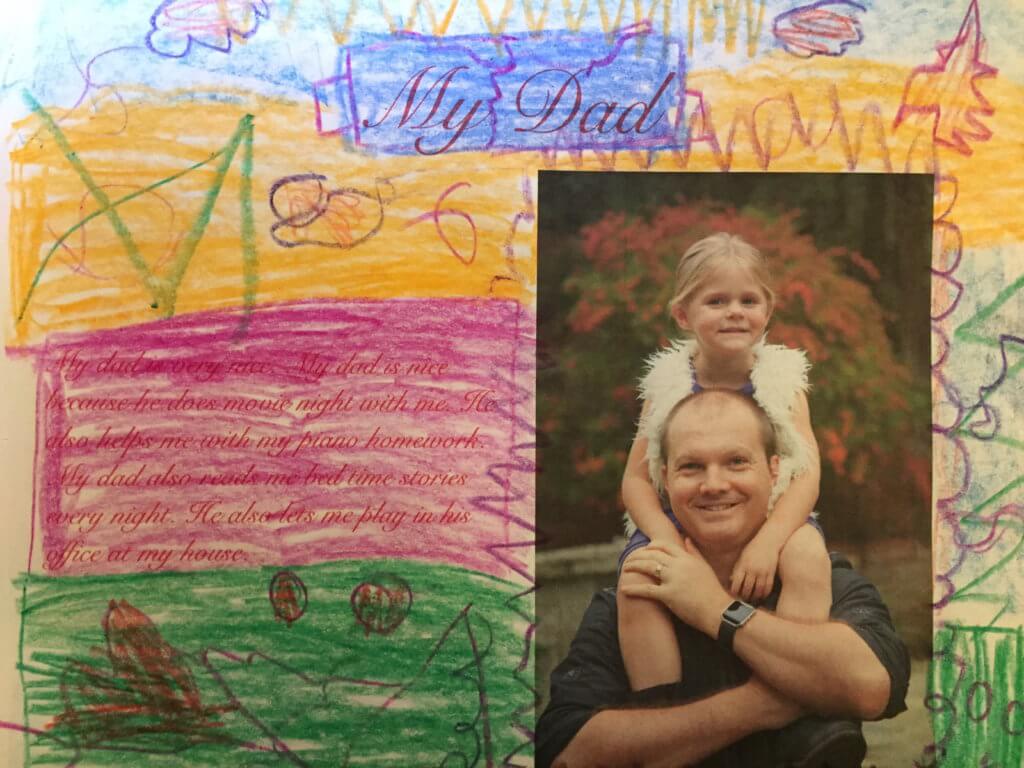
“My dad is very nice. My dad is nice because he does movie night with me. He also helps me with my piano homework. My dad also reads me bed time stories every night. He also lets me play in his office at my house.”
You simply cannot put a price on the return on investment I’ve received from the lifestyle changes I’ve implemented that I now teach in my Move Yourself program.
Whatever value you currently place on your health, I guarantee it’s not enough.
Whatever value you currently place on being present for your family, double it.
Your time and energy are worth more than you know, but the only way to get where you want to be is to step outside your comfort zone and discover your true potential.
“If you want something in your life you’ve never had, you’ll have to do something you’ve never done.”
– JD Houston
If you’re interested in escaping the vicious cycle of hitting the gym the 1st three weeks in January but then never visiting again until the following January, I’d love to help you learn how to take a much more systematic approach to both time and energy management so you can make small lifestyle changes that will add up to giant results for years to come.
Imagine having consistently high levels of energy, creativity, and focus that allow you to get your work done faster, be up to 40% more productive, and ultimately enable you to put your own kids to bed in person like a real human being rather than via your devices.

